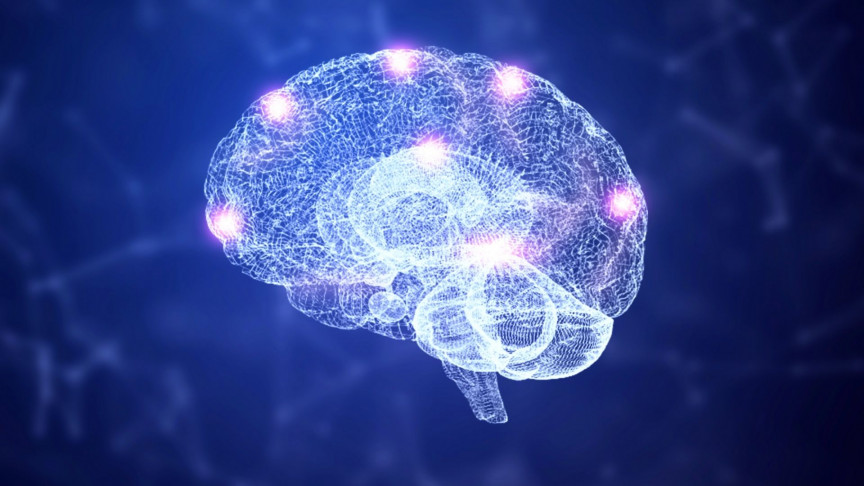A team of researchers in Japan has developed a nasal injection drug that can work as an anti-depressant. This was revealed in a study published in the Journal of Controlled Release. This is expected to work in 20 minutes. This opens avenues in nanobiotechnology and genetic engineering.
Issues like systemic absorption, rapid drug degradation, axonal transportation, and the comparably invasive extremes in delivering medicines to the brain have come up and hindered the progress in the system. The scientists added sequences to increase cell permeability and decrease the ability of degradation, to an anti-depressant drug called glucagon-like peptide 2.
The mechanism of injecting drugs directly into the brain is called intracerebroventricular (ICV) administration and it is very invasive. Owing to fast degradation, the drug, even when reached into the brain, does not work enough. Along with that, it slows down axonal transportation.
The team of researchers was led by Professor Chikamasa Yamashita, of Tokyo University of Science. after strenuous efforts, they were able to administer the glucagon-like peptide-2 (GLP-2) into a mouse model of depression. “Although there have been more than 20 years of phenomenal IDD research, I had wondered why it has not been put to practical use. Then, I realized that most IDD research had focused on drug delivery through the olfactory epithelium, which accounts for 2% of the human nasal mucosa,” said Professor Yamashita, in a blog post from Tokyo University of Science. “Alternatively, my team focused on the central delivery of drugs through the remaining 98% of such mucosa — respiratory epithelium, specifically through the trigeminal nerve.”
The team of scientists worked with GLP-2, which is a neuropeptide known to exhibit therapeutic effects, even on treatment-resistant depression. They added a peptide-derived sequence to GLP-2, known as a penetration accelerating sequence (PAS) to increase its potency. The scientists also upgraded the drug’s ability to “punch through” the respiratory epithelium, and other surfaces within the body, the penetration of which can reduce effectiveness. This marks an advancement in the future of nanobiotechnology and genetic engineering that are two nascent fields with endless opportunities.

